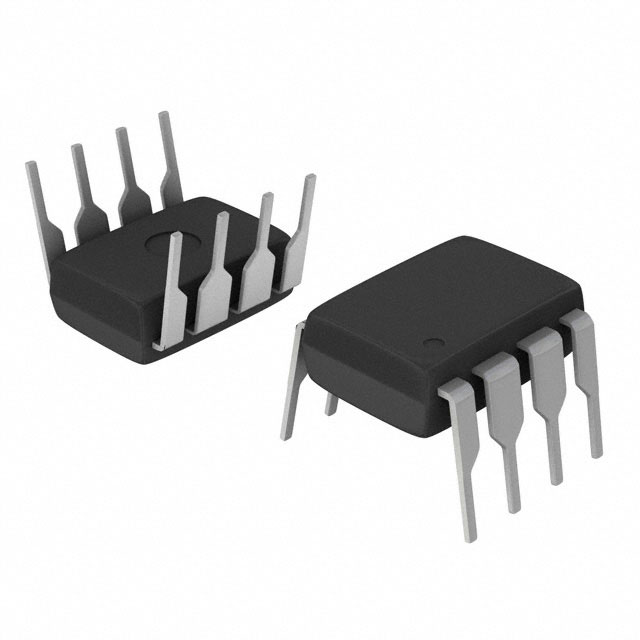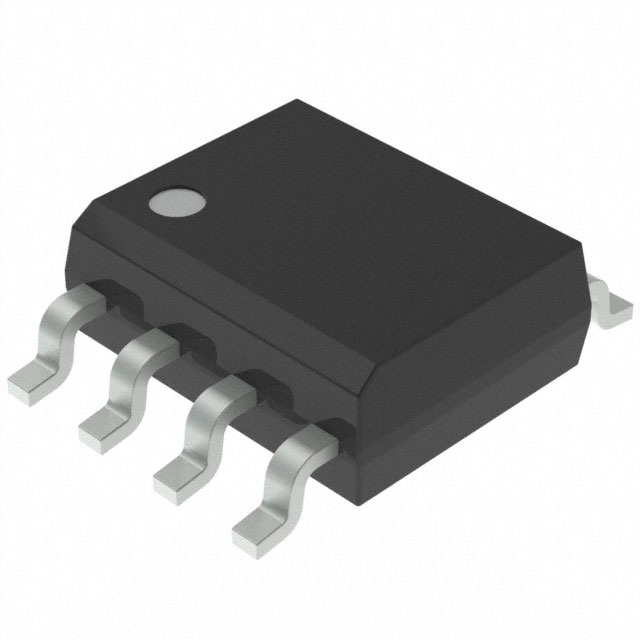AT17F32-30BJI
Manufacturer No:
AT17F32-30BJI
Manufacturer:
Description:
IC EEPROM FLASH 32MBIT 44-PLCC
Datasheet:
Delivery:





Payment:




In Stock : 0
Please send RFQ , we will respond immediately.









AT17F32-30BJI Specifications
-
TypeParameter
-
Supplier Device Package44-PLCC (16.6x16.6)
-
Package / Case44-LCC (J-Lead)
-
Mounting TypeSurface Mount
-
Operating Temperature-40°C ~ 85°C
-
Voltage - Supply2.97V ~ 3.63V
-
Programmable TypeFLASH
-
DigiKey ProgrammableNot Verified
-
PackagingTube
-
Product StatusObsolete
-
Series-
The AT17F32-30BJI is a specific type of integrated circuit chip, known as a Field-Programmable Gate Array (FPGA). Here are some advantages and application scenarios of this chip:Advantages: 1. Flexibility: FPGAs can be reprogrammed or reconfigured after manufacturing, allowing for customization and adaptability to different applications. 2. High-performance: FPGAs offer high-speed processing capabilities, making them suitable for applications that require real-time processing or high computational power. 3. Parallel processing: FPGAs can perform multiple tasks simultaneously, thanks to their parallel architecture, resulting in improved performance for certain applications. 4. Lower power consumption: Compared to traditional processors, FPGAs can be more power-efficient, making them suitable for applications where power consumption is a concern. 5. Cost-effective: FPGAs can be a cost-effective solution for certain applications, as they eliminate the need for custom-designed ASICs (Application-Specific Integrated Circuits).Application scenarios: 1. Digital signal processing: FPGAs are commonly used in applications that require real-time processing of digital signals, such as audio and video processing, telecommunications, and radar systems. 2. Embedded systems: FPGAs can be used in embedded systems to implement specific functionalities, such as motor control, sensor interfacing, or communication protocols. 3. Prototyping and development: FPGAs are often used in the early stages of product development to quickly prototype and test different functionalities before finalizing the design. 4. High-performance computing: FPGAs can be utilized in applications that require high computational power, such as cryptography, data encryption, or scientific simulations. 5. Industrial automation: FPGAs find applications in industrial automation systems, where they can be used for control and monitoring tasks, as well as interfacing with various sensors and actuators.It's important to note that the specific advantages and application scenarios of the AT17F32-30BJI chip may vary depending on the requirements and specifications of the project or system it is being used in.
AT17F32-30BJI Relevant information
-

AT17N256-10PI
Microchip Technology -

AT17N256-10PC
Microchip Technology -

AT17N256-10NI
Microchip Technology -

AT17N256-10NC
Microchip Technology -
AT17N040-10TQI
Microchip Technology -
AT17N040-10TQC
Microchip Technology -
AT17N010-10SI
Microchip Technology -
AT17N010-10SC
Microchip Technology -

AT17N010-10PI
Microchip Technology -

AT17N010-10PC
Microchip Technology







